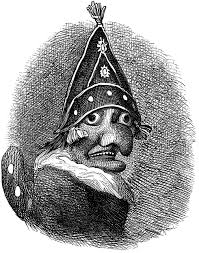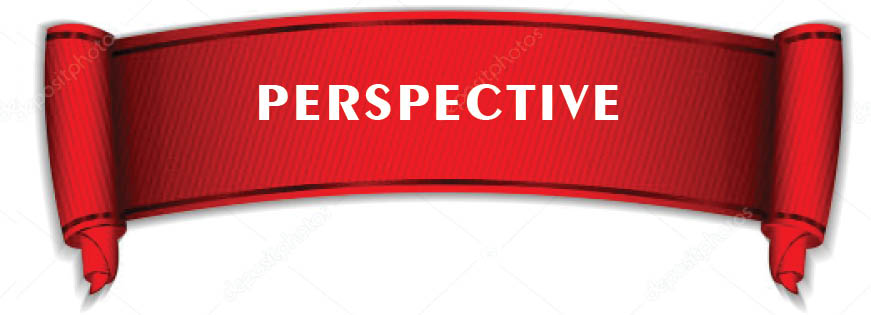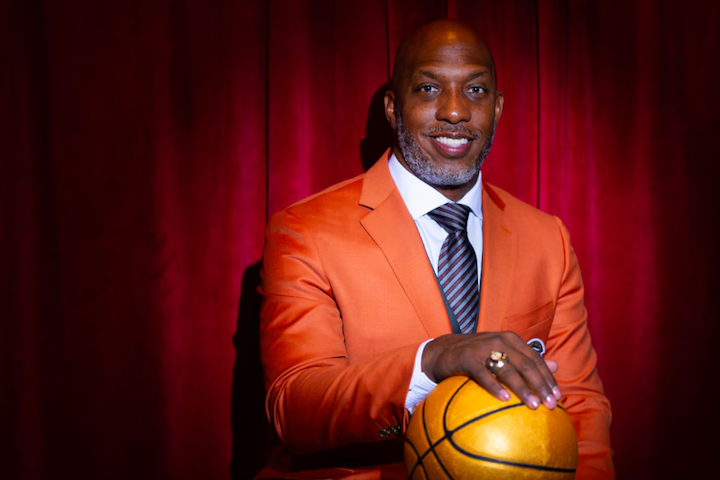Portland Trail Blazers head coach Chauncey Billups, 49, inducted into the Hall of Fame in 2024, has been arrested and charged for consorting with New York’s Crime Families (Five Families) to fix high-stakes poker games across the country. Miami Heat guard Terry Rozier is accused of facilitating inside bets, and Damon Jones for selling LeBron James' injury to bettors as an unofficial assistant coach for the Los Angeles Lakers. “Get a big bet on Milwaukee tonight before the information is out." They’re among 31 current and former players in the National Basketball Association (NBA) charged in a sweeping federal indictment by the F.B.I. on Thursday.
The indictment contends that the Five Families recruited Chauncey Billups as a celebrity “Face Card” to lure big bettors to ritzy poker games across the country that used analyzers inside chip trays; a rigged shuffling machine that could predict hands; an X-ray table that can read any face-down card; and pre-marked cards that allowed those wearing special contact lenses and sunglasses to read everyone’s hand. Cameras built into light fixtures convey information to an off-site “operator," who in turn communicates with the “quarterback” who signals via hand gestures to coconspirators at the table.
Since 2019, everyday players were cheated in poker games across the nation using sophisticated technology. The Five Families’ — Juice, Big Bruce, Pookie, and The Wrestler — "defrauded victims out of tens of millions of dollars, and funneled the pot to La Casa Nostra who in turn laundered the funds through cryptocurrency, cash exchanges and shell companies,” according to the indictment. Attorney Joseph Nocella Jr. says, “Its the most brazen sports corruption schemes since online sports betting became widely legalized in the United States.”
“It’s the most brazen sports corruption schemes since online sports betting became widely legalized in the United States.”
In 1992, "The Professional and Amateur Sports Protection Act" (PASPA) defines the legal status of sports betting throughout the United States. The act effectively outlaws sports betting nationwide, excluding a few states. While PAPSA eliminates sports betting in the U.S., it simultaneously creates a thriving illegal black market.
In 2018, Murphy v. National Collegiate Athletic Association rules that PASPA violated the Tenth Amendment by improperly compelling states to enforce a federal regulatory program. The ruling left the decision of whether to legalize and regulate sports gambling up to individual states. Associate Justice Samuel Alito writes for the majority in a 6-3 decision:
Congress can regulate sports gambling directly, but if it elects not to do so, each state is free to act on its own. Our job is to interpret the law Congress has enacted and decide whether it is consistent with the Constitution. PASPA is not.
The American Gaming Association (AGA), an industry trade group for commercial gambling, reports $66.6 billion in revenue, and $14 billion in state and local taxes, in 2023. For the same year, the National Indian Gaming Commission reported that Native American gaming operations generated $41.9 billion in revenue.
Moreover, 2024 would be a breakaway year for US gamers. The AGA’s latest “State of the States Report” confirms that US commercial gaming generated $72 billion in revenue in 2024, a 7.5% increase from 2023. Over $15 billion in gaming tax revenue generated by commercial gaming was paid out to state and local governments.
As of 2025, 39 states, including Washington, D.C., and Puerto Rico, have legalized sports betting in some form which vary by location. Among these, 32 states specifically offer online, mobile, and regulated sportsbooks which provide all bettors with convenient online access.
Recent trends in 2025 show the rapid expansion of online gambling and sports betting upping the ante on addiction rates, public health issues, financial devastation, and corruption. While the gambling industry promotes itself as a source of tax revenue and entertainment, academics point to the social costs on the darker side of the jackpot.
The DSM-5-TR defines a Gambling Disorder as "a persistent and problematic gambling behavior pattern leading to significant distress or impairment." The Mayo Clinic continues: "Gambling Disorders are the uncontrollable urge to keep gambling despite the toll it takes on your life. Gambling means that you're willing to risk something you value in the hope of getting something of even greater value."
Moreover, gambling disorders are strongly linked to severe mental health issues with a particularly high rate of suicide. The World Health Organization (WHO) has identified gambling as a public health threat, and a 2024 WHO fact sheet notes that "gambling threatens health, drives poverty, and contributes to debt, bankruptcy, violence, crime, and stigma." Particularly, their research found a corollary between live-streaming and an increased risk of suicide for young people with gambling addiction. Poll after poll confirm that young men in the U.S. (age 18-30) are more at risk for gambling addiction than the general population.
In 2024, approximately one in five Americans (68 million people) placed a bet on a sporting event in the previous 12 months, according to a NerdWallet survey. A July 2025 survey by U.S. News and World Report found that 1) one-quarter of sports bettors cannot pay a bill because of a wager, and 2) one-third carried gambling-related debt.
Those debtors are the bread and butter of bookmakers, and while the Five Families and state governments increasingly rake in lavish revenues, its unrealistic to expect either to buck the status quo anytime soon. So we looked to the Journal of the American Medical Association (JAMA) for clarity.
In a longitudinal study, “Growing Health Concern Regarding Gambling Addiction in the Age of Sportsbooks” JAMA reports aggregating US internet search trends for gambling addiction before and after the emergence of legalized sportsbooks. It tallied up Internet searches per 10 million queries mentioning the words “gambling, addiction, hotline, addict,” via Google, Bing, and Yahoo from 2016 through 2025.
In the aftermath of Murphy v National Collegiate Athletic Association overturning PAPSA in 2018, searches for “gambling, addiction, hotline, addict” spike by 95% and ensconce Damon Jones who publicly admits to “struggling with addiction;” Jontay Porter to being “in over his head;” and Hall of Famer Chauncey Billups who for the moment remains according to his attorney: "a man of integrity who would never cheat or defraud others.”
Archives










